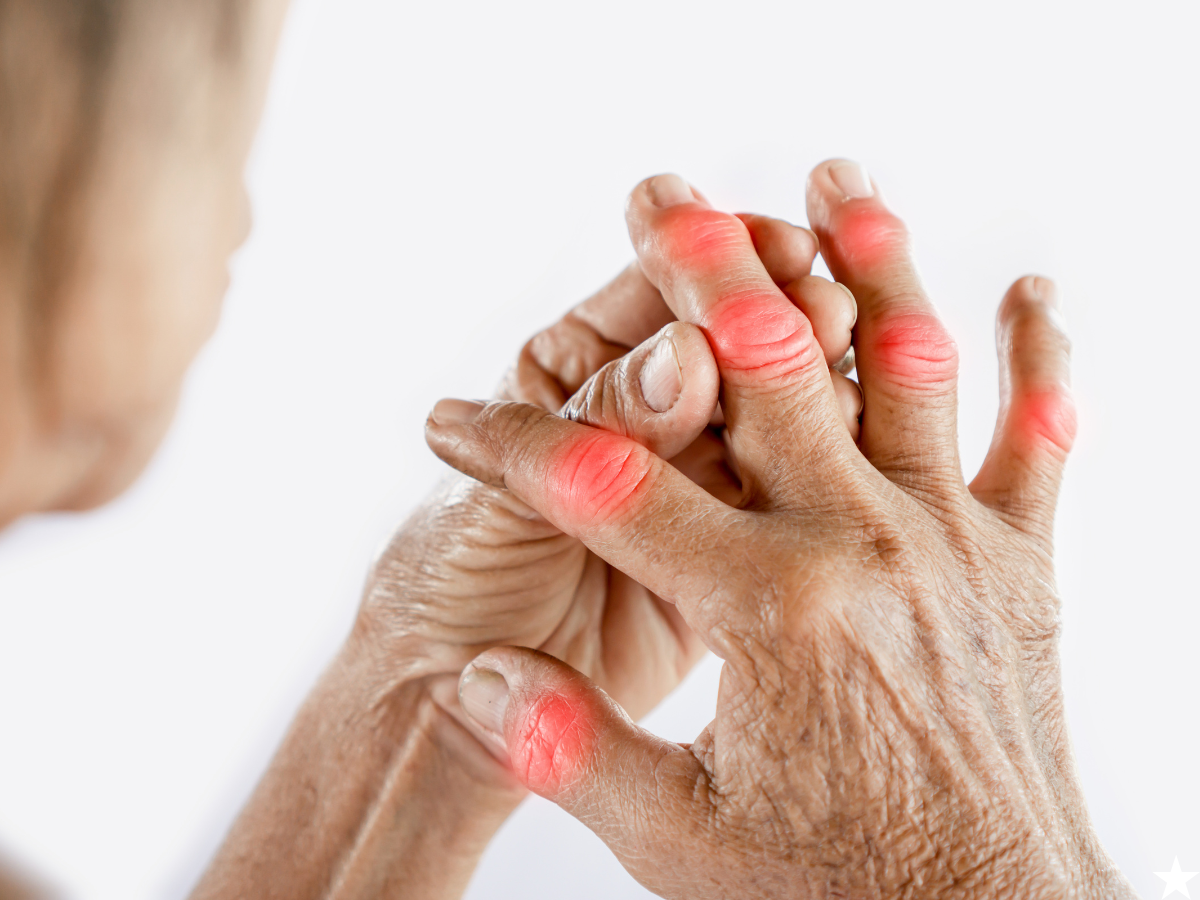Skincare has experienced a significant shift in pursuing youthful and glowing skin thanks to collagen-boosting peptides. These potent compounds, praised for their ability to stimulate the creation of collagen, are now essential components of every anti-aging skincare regimen. This investigation explores the complex world of peptides that increase collagen and reveals the processes underlying their actions.
We examine Why Anti-Aging Peptides Matter: A Look into Skincare Innovation, each of which contributes to collagen production. This adventure teaches us more about their combined capacity to reduce wrinkles and improve skin suppleness. The significant influence of collagen-promoting best anti-aging peptides bears witness to their function in reinvigorating and conserving the skin’s youthful vitality, signifying a paradigm change in the strategy for age-defying skincare and timeless beauty.
Understanding About Anti-Aging Peptides
Anti-aging peptides are a skincare innovation that provides a focused strategy to address aging symptoms. These particular molecules function by promoting the synthesis of collagen, an essential protein that keeps skin firm and elastic. Collagen production decreases with age, causing sagging and wrinkles. To counteract this deterioration, anti-aging peptides tell the skin to produce more collagen, which improves texture and minimizes fine wrinkles.
Furthermore, some peptides have antioxidant qualities that shield the skin from outside stresses. Comprehending the function of these peptides reveals a revolutionary approach to enhancing a more youthful face, rendering them indispensable constituents in the endeavor of efficacious and all-encompassing anti-aging skincare products.
Collagen and Its Significance
- Foundation Structure: Collagen is the main structural protein in the skin, and it offers support, elasticity, and strength.
- Flexibility: Collagen, necessary for skin elasticity, enables the skin to stretch and rebound while retaining its firmness.
- Impact of Ageing: As we age, our body’s natural production of collagen decreases, resulting in the appearance of wrinkles, fine lines, and sagging skin.
- Proactive Approach: Proactively addressing the issue by encouraging the skin to produce more collagen is what collagen-boosting peptides do.
- Activation of Fibroblasts: Peptides activate fibroblasts, the cells that produce collagen, by imitating the body’s natural processes.
- Rejuvenation Internally: Peptides aid in the skin’s internal renewal by inducing the creation of collagen.
- Counteracting Aging Signs: This technique promotes a more robust and youthful complexion by addressing and balancing the apparent indications of aging.
The Science Behind Collagen-Boosting Peptides
Peptides that increase collagen function at a high level of biology, using a method based on the complexities of skin physiology. These anti-aging peptides trigger a chain reaction that orchestrates skin renewal because they are made to resemble the body’s signaling peptides that naturally produce collagen.
Synthetic peptides function as messengers when applied, efficiently communicating with fibroblasts, the essential cells in the dermal layer of the skin responsible for collagen manufacture. Fibroblasts are prompted by this communication to step up their attempts to produce collagen, resulting in a significant rise in collagen. Collagen, the skin’s structural support system, builds over time to revitalize its structure and improve its overall texture.
Peptides that promote collagen are primarily effective when they use the body’s natural mechanisms to induce skin regeneration. The peptides’ coordinated reaction highlights their effectiveness in fostering internal skin regeneration. In its simplest form, collagen-boosting peptide technology is a peaceful partnership with the body’s mechanisms, unveiling a road map for radical skin renewal and a more radiant complexion.
Notable Collagen-Boosting Peptides
Examining particular collagen-promoting peptides reveals their unique roles in skin care products that fight aging. One peptide that is particularly well-known for its ability to improve collagen formation is called matrix. It is an invaluable tool for treating indications of aging because it promotes skin restoration and increases collagen creation.
Another notable peptide that actively contributes to collagen activation is palmitoyl tripeptide-1. Its function goes beyond the manufacturing of collagen; it also influences cell-to-cell adhesion, strengthening the skin’s structural integrity. This multifaceted strategy helps to increase the resilience and texture of the skin.
Reputable for its ability to increase collagen, copper peptides give antioxidant effects in addition to helping to create collagen. By protecting the skin from oxidative stress, the antioxidants contribute to a younger and healthier-looking complexion.
By being aware of the best anti-aging peptides’ distinctive qualities, people may successfully customize their skincare regimens and make the particular advantages each peptide offers. The combination of Matrixyl, Palmitoyl Tripeptide-1, and Copper Peptides shows promise for a thorough and focused strategy to attain the best anti-aging outcomes.
Clinical Support and Effectiveness
Clinical data strongly confirms collagen-boosting peptides’ ability to improve skin health. A thorough analysis of clinical investigations consistently demonstrates observable and noteworthy effects on the skin. These studies, which frequently involve a wide variety of people, show considerable advancements in important skin vitality indices.
In particular, the study shows improvements in skin flexibility, a vital aspect of young skin. Collagen-stimulating peptides can lessen wrinkle depth, which takes care of one of the main issues related to aging. Furthermore, the total rejuvenation seen in clinical trials attests to these peptides’ all-encompassing advantages for the skin.
This empirical evidence supports the efficacy of collagen-boosting peptides and further establishes their legitimacy as powerful tools in the ongoing fight against visible indications of aging. The scientific world is beginning to acknowledge peptides as significant contributors to anti-aging skincare, providing practical options for people looking to preserve and restore their skin’s youthful resilience as this research yields compelling results.
Incorporating Collagen-Boosting Peptides into Your Skincare Routine
Select products made explicitly with these potent molecules to incorporate peptides that promote collagen into your skincare routine effortlessly. Add peptide-rich serums, creams, or masks to your nightly and morning practices. Maintain consistency for best outcomes. Enhancing efficacy is knowing how some chemicals work with other skincare compounds, including retinol. Peptides should be applied before thicker oils or creams to improve absorption. Using sunscreen during the day is essential to protecting newly exposed skin. This intelligent approach maximizes the transforming advantages of collagen-boosting peptides for a bright and resilient complexion, ensuring a holistic anti-aging strategy.
Conclusion
Collagen-boosting peptides are strong contenders in the dynamic field of anti-aging skincare, offering a medically supported means of combating the outward manifestations of aging. These peptides work to prevent future skin aging and treat present issues by promoting the creation of collagen. The ability to navigate the complicated interactions between collagen and peptides offers a way to achieve a more youthful and revitalized complexion, which is evidence of these fantastic molecules’ transforming potential. Keep an eye out for more updates on the realm of skincare advances as the quest for timeless beauty takes shape. Peptides are still a significant factor in changing the perception of age-defying skincare.





